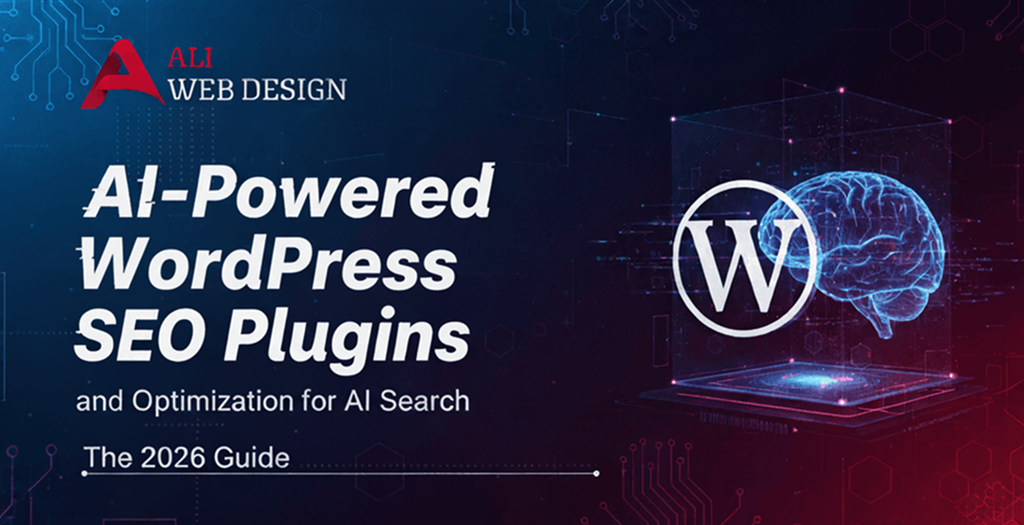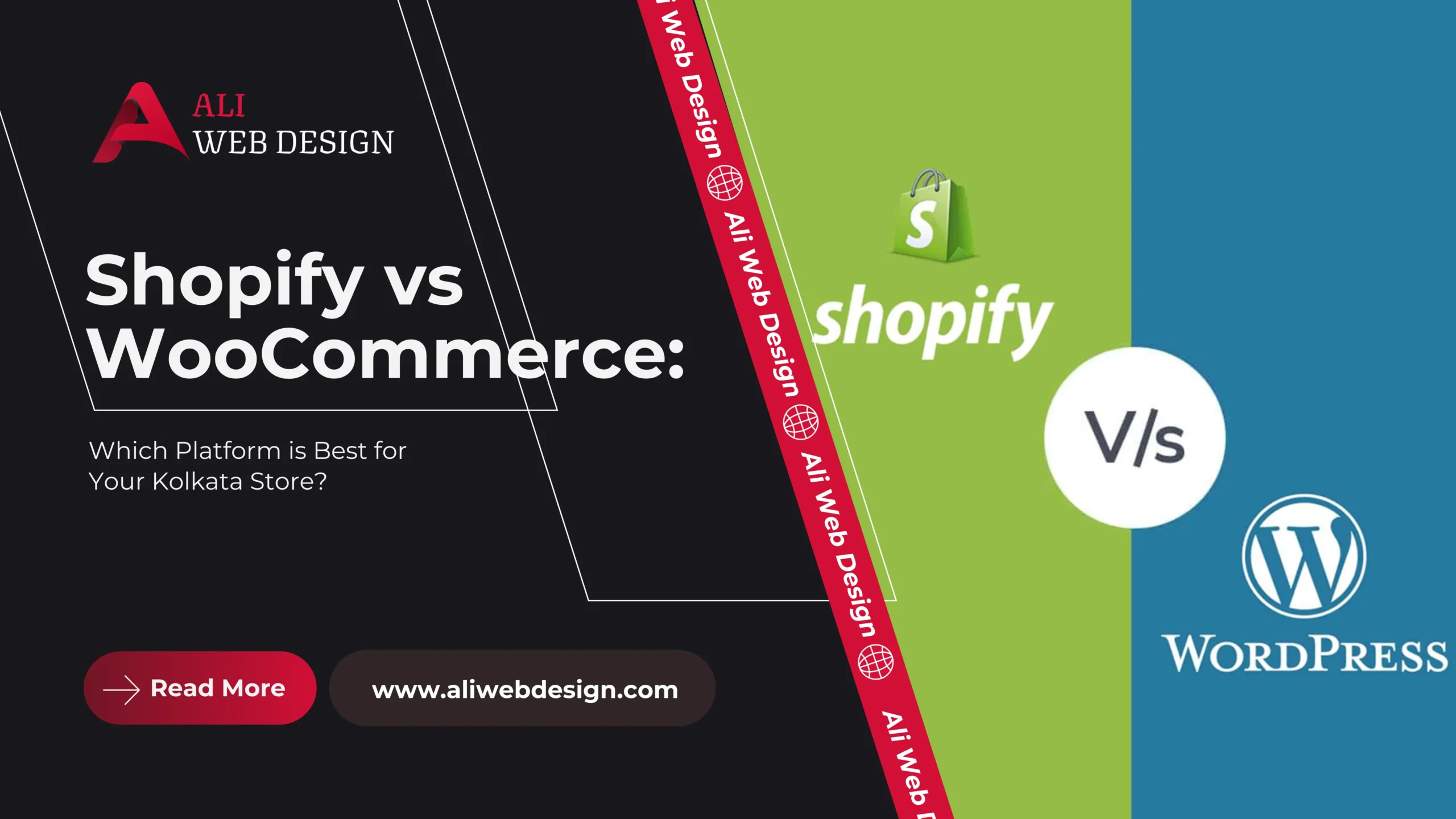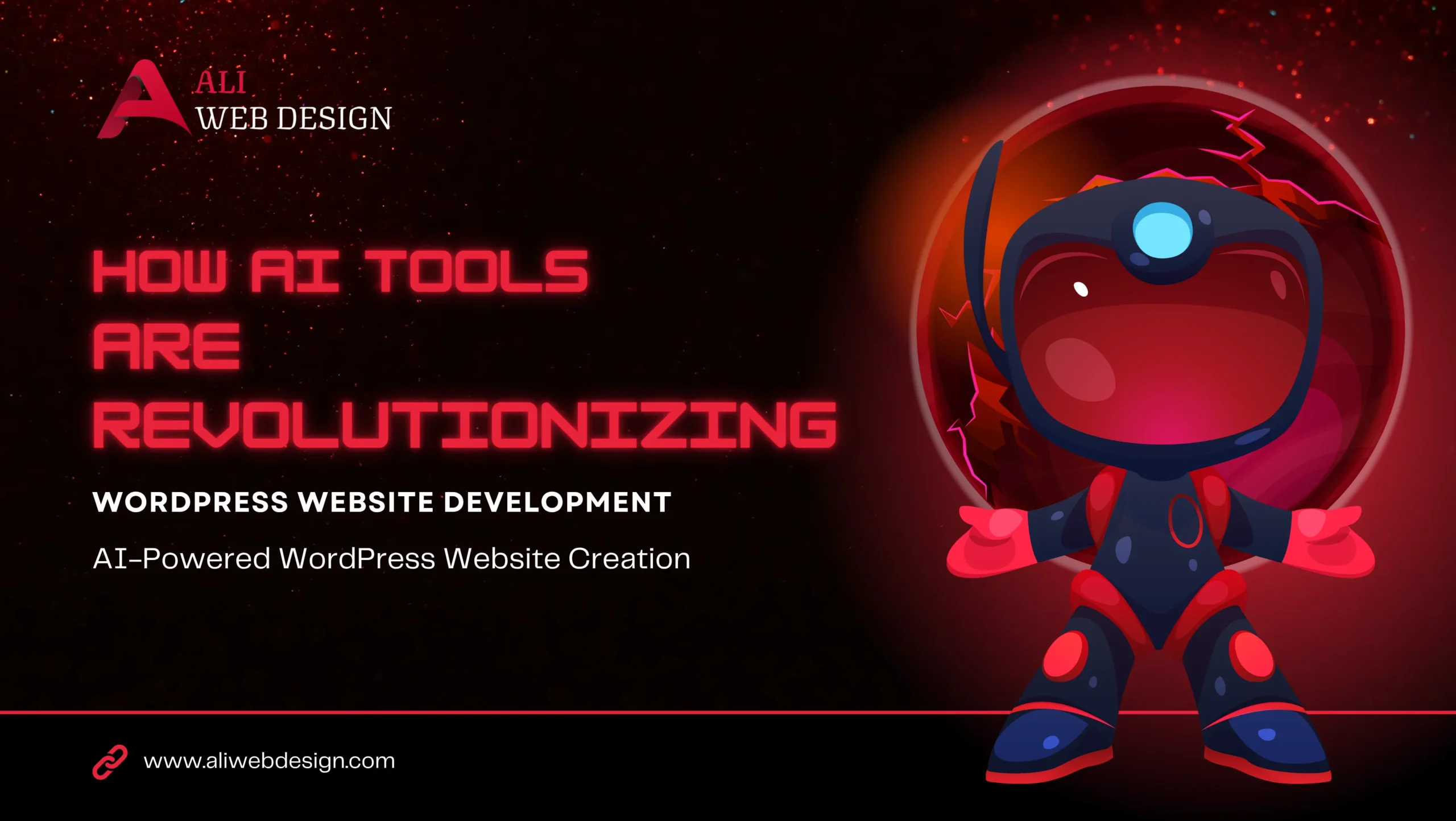Introduction
Let’s be real—if you’re building a website in 2025, chances are you’ve at least considered using WordPress. It’s the go-to platform for millions. But here’s the thing: simply choosing WordPress isn’t enough. You need the right kind of hosting too. That’s where WordPress Hosting enters the chat.
WordPress Hosting is specifically optimized for WordPress sites, offering features that improve speed, security, and overall performance. Sounds awesome, right? But like everything else in life, it’s not all sunshine and rainbows. Let’s break it all down, so you can decide if it’s the right fit for you.
Types of WordPress Hosting
Shared WordPress Hosting
This is the budget-friendly option. Your site shares server resources with others. It’s affordable, but not always the fastest or most secure.
Managed WordPress Hosting
The crème de la crème. Everything is taken care of—updates, security, backups, performance. Great for businesses and serious bloggers.
VPS and Dedicated WordPress Hosting
With Virtual Private Servers or dedicated servers, you get more control and power. Ideal for high-traffic sites needing custom configurations.
Cloud-Based WordPress Hosting
Scalable and reliable. It uses cloud infrastructure (think AWS or Google Cloud). A great option if you need flexibility and global speed.
Advantages of WordPress Hosting
Optimized for WordPress
Imagine a tailor-made suit versus an off-the-rack jacket. WordPress hosting is designed specifically for WordPress, meaning everything from server configuration to cache settings is just right.
Better Performance & Speed
Speed kills—at least when it comes to losing visitors. WordPress hosting often comes with built-in caching, CDN integration, and performance tuning to keep your site flying.
Enhanced Security Features
You get security features made just for WordPress: malware scanning, firewalls, DDoS protection, and regular updates to keep the bad guys out.
Automatic Updates & Backups
Worried about losing data or forgetting to update your plugins? WordPress hosting typically automates all of that, giving you peace of mind.
Easy-to-Use Dashboards
Control panels are intuitive and often customized for WordPress users, meaning you don’t need to be a tech wizard to find what you need.
Specialized Support
Run into issues? You’ll be talking to someone who actually knows WordPress, not a general tech rep flipping through a manual.
Scalability
As your site grows, your hosting can grow with you. Many plans offer easy upgrades without downtime.
Disadvantages of WordPress Hosting
Higher Costs (Especially Managed Hosting)
Quality comes at a price. Managed WordPress hosting can cost significantly more than traditional shared hosting.
Limited Customization in Some Plans
Some hosts lock down server-level access or restrict what plugins you can install. This can be frustrating for advanced users.
Plugin and Theme Restrictions
To maintain performance and security, some managed WordPress hosts won’t let you use certain plugins. That could be a dealbreaker if your site relies on them.
Potential Overkill for Small Websites
If you’re running a tiny blog or personal site, the advanced features may not be necessary—and you’ll still be paying for them.
Dependency on WordPress Platform
If you ever want to switch to a different CMS, you might run into issues since everything is built around WordPress.
When to Choose WordPress Hosting
Best Scenarios for WordPress Hosting
Running a high-traffic blog or business site
Need automatic backups and updates
Want specialized support
Prioritize speed and security
When to Avoid It
You’re on a tight budget
Running a basic site with minimal traffic
Need a hosting environment for other CMS platforms
WordPress Hosting vs. Traditional Web Hosting
Key Differences
Performance: WordPress hosting is faster—plain and simple.
Security: Built-in, WordPress-specific security tools.
Ease of Use: More user-friendly for WordPress tasks.
Support: You get experts who live and breathe WordPress.
Which One Should You Pick?
If your site is built on WordPress and you want it to run smoothly without babysitting it 24/7, go with WordPress hosting. If you need versatility for other platforms or a tighter budget, traditional hosting might be your jam.
Final Verdict
WordPress Hosting is like the VIP section of the internet for WordPress users. It offers speed, support, and security tailored just for you. But it’s not for everyone. Before you jump in, weigh the pros and cons, consider your website’s needs, and choose wisely. The right hosting can be the difference between a sluggish mess and a site that soars.
Conclusion
So, is WordPress hosting worth it? Absolutely—if you’re serious about your WordPress site. It’s built to make your life easier and your site better. But don’t get sucked in by the hype alone. Think about your goals, your budget, and how hands-on you want to be. Whether you go managed, shared, or cloud, just make sure it fits like a glove.
FAQs
Yes, it’s tailored specifically for WordPress. If you’re not using WordPress, you’re better off with regular hosting.
Totally! Most providers even help you migrate your site with little to no downtime.
Not always. It depends on how much control you want. If you’re not tech-savvy, managed hosting is a lifesaver.
If performance, security, and support are important to you—yes, it’s worth every penny.
There are, but they usually come with limitations—ads, storage caps, and slow speeds. Not ideal for serious projects.
For any Web Development projects, Contact Us







